Blog
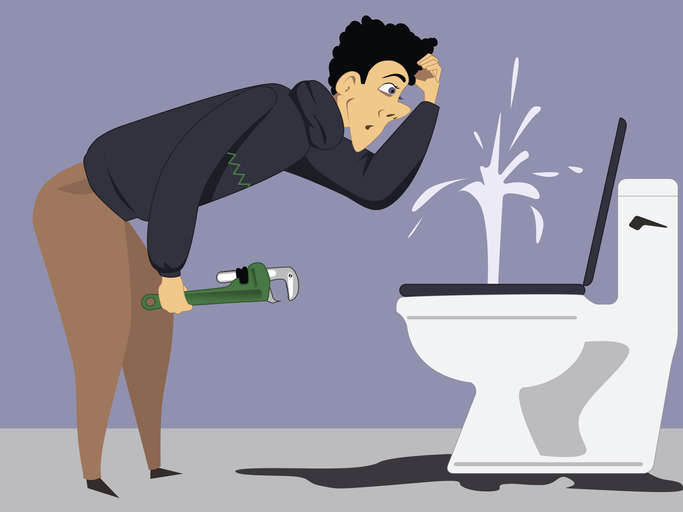
DIY Plumbing Tips Every Homeowner Should Know for Easy Home Fixes
June 13, 2024
Mastering Basic Plumbing Skills for Home Maintenance
Homeownership in Wantagh, NY, comes with its fair share of responsibilities, and plumbing is often at the top of the list. Knowing a few DIY plumbing tips can save you time and money, whether it’s a leaky faucet or a clogged drain. However, while some issues can be resolved with some elbow grease, others require the expert hands of a certified plumber.
In this blog, the professional team at Expert Plumbing NY shares some essential DIY plumbing tips that every homeowner should know.
1. Locate Your Main Water Shut-Off Valve
Before you tackle any plumbing issue, it’s crucial to familiarize yourself with the basic layout of your home’s plumbing system. Knowing where your main water shut-off valve is located can prevent a minor leak from turning into a flood. Typically, this valve is found in the basement or on an exterior wall in a utility area of the house.
2. Fixing a Leaky Faucet
Leaky faucets are not just a nuisance; they can lead to increased water bills and cause unnecessary water wastage. Fortunately, with a few tools and a little know-how, most homeowners can fix a leaky faucet themselves.
The repair often involves identifying the type of your faucet and replacing any worn components like washers or O-rings. Remember to turn off the water supply before starting. If replacing the damaged parts doesn’t stop the leak, it might be time to call in professionals. For residents in Wantagh, NY, Extreme Plumbing NY offers expert plumbing services to address such issues efficiently, helping you save on water and avoid further inconvenience.
3. Unclogging Drains
Clogged drains are among the most common plumbing issues homeowners face. To prevent this, be mindful of what goes down your drains. In the kitchen, avoid disposing of grease and coffee grounds in the sink. In the bathroom, use hair catchers in shower drains to prevent blockages. Regularly cleaning your drains with a mixture of vinegar and hot water can also help keep them clear.
4. Insulate Pipes
During the colder months in Wantagh, NY, frozen pipes can lead to costly repairs and water damage. Prevent this by insulating your pipes, especially those exposed to cold air. Use foam pipe insulation or heat tape to protect vulnerable pipes and minimize the risk of freezing.
5. Dealing with Running Toilets
A running toilet can waste gallons of water daily. Often, the problem lies with a faulty flapper or float. Adjusting the float to ensure the water stops filling at the correct level or replacing a worn-out flapper can often fix a running toilet without the need for a plumber.
6. Regular Maintenance Checks
When it comes to plumbing maintenance, prevention is key. Scheduling regular inspections of your plumbing system is the best way to identify potential issues before they escalate into major problems. Leaks, corrosion, or water pressure issues are telltale signs of a failing system and should be addressed promptly.
Contact Extreme Plumbing NY for Help with Drains, Faucets, Toilets, and Water Heaters
Follow these expert tips to become more confident in handling minor plumbing issues around your home. However, if you have more complex problems or are unsure, it’s always best to seek professional help.
At Extreme Plumbing NY, we understand the importance of a well-maintained plumbing system for your home in Wantagh, NY. Whether you need help with repairs, installations, or maintenance, our skilled team is here to assist you.
Don’t let plumbing problems disrupt your life—contact us today for reliable and efficient plumbing services.
FAQ About DIY Plumbing
Is DIY plumbing worth it?
Yes, DIY plumbing is often worth it for minor plumbing tasks such as fixing a leaky faucet, unclogging a drain, or adjusting a running toilet. These simple plumbing projects can save homeowners money and reduce water waste. By learning a few handy plumbing techniques and using basic tools like a plunger, you can tackle minor plumbing problems without needing to call a professional plumber.
Is it legal to do your own plumbing?
In many places, it is legal for homeowners to perform certain DIY plumbing repairs on their own property, such as replacing a toilet or installing a new faucet. However, major plumbing work like altering the main water line or water heater connections may require permits or licensed professionals. Always inspect your local building codes before starting DIY projects involving your home’s plumbing system.
What is the plumbers rule?
The plumber’s rule refers to basic best practices and principles used by professionals, such as ensuring the correct slope for drain pipes or always turning off the shut-off valve before performing repairs. Following this rule helps maintain water flow, avoid clogs, and prevent water damage. For DIYers, applying this concept means learning and following plumbing tips and tricks to complete tasks safely and effectively.
What is the hardest thing about plumbing?
One of the hardest parts of plumbing is diagnosing hidden leaks or low water pressure issues. These problems can originate deep within your plumbing system and may require a professional inspection. Other difficult tasks include repiping, dealing with hard-to-reach fittings, or fixing the main sewer line, which often calls for calling a professional plumber.
Does insurance cover DIY plumbing?
Home insurance may not cover damage caused by faulty DIY plumbing work. If your DIY fixes result in a leak or water damage, you might be liable for the repairs. Always consider whether a plumbing task is suitable for a DIY approach or if it’s better to call a professional plumber to avoid risking damage to your home and voiding your insurance coverage.
Should I call a plumber or DIY?
You should try DIY plumbing if the issue is minor, like a toilet clog, dripping faucet, or slow drain. Use tools such as a plunger or a baking soda and vinegar mixture as a natural drain cleaner. For more complex problems like burst pipes, valve replacements, or issues with your water heater, it’s best to call a professional plumber. Knowing when to DIY and when to seek plumbing services is key to protecting your home.
What are the disadvantages of plumbing?
Plumbing can be physically demanding and time-consuming. DIY plumbing projects may lead to mistakes if you’re not familiar with the plumbing system or don’t follow proper steps. Misdiagnosing a plumbing issue or using the wrong cleaner or fitting can result in water damage, major clogs, or higher water bills. It’s important to balance DIY enthusiasm with awareness of your skill level and when to call a pro.
Recent News
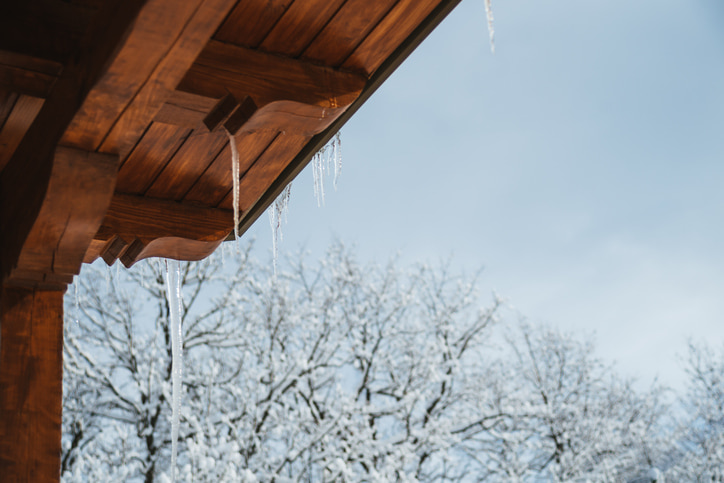
How Cold Weather Affects Your Plumbing System (And What to Do About It)
December 2, 2025
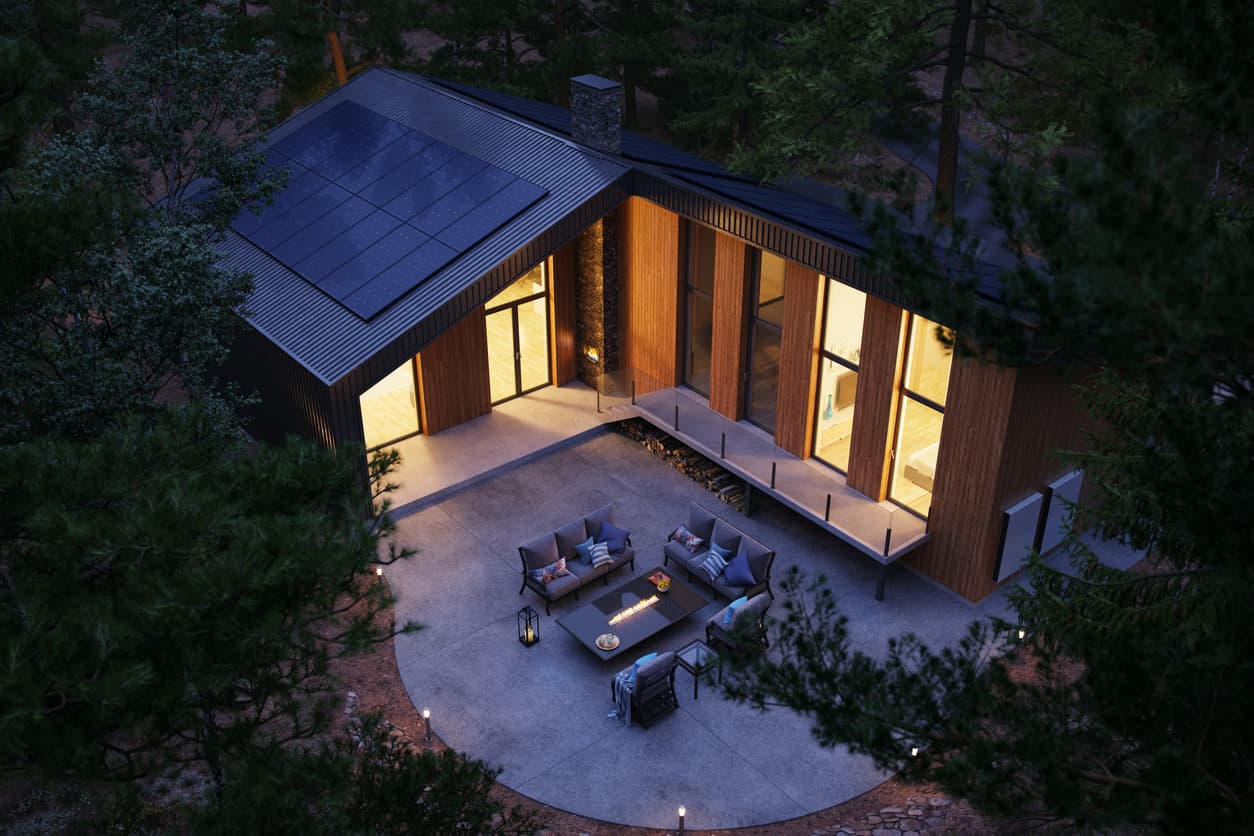
Do You Need a Backup Generator? Here’s How to Decide
September 8, 2025
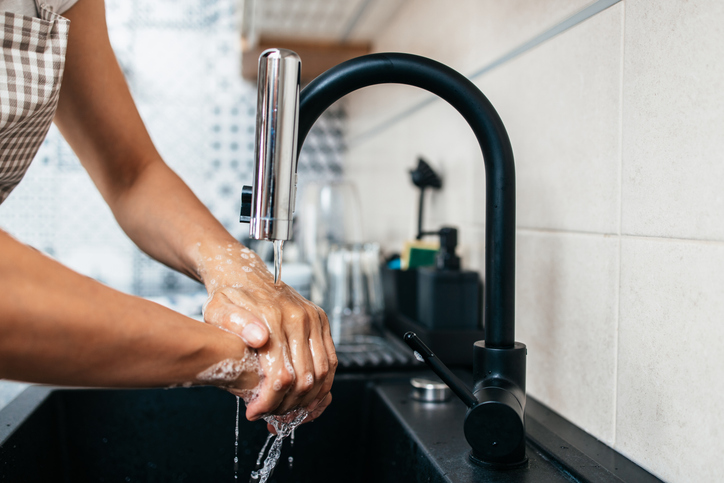
Why Your Water Bill Is Higher Than Usual: Common Plumbing Issues That Waste Water
June 16, 2025

How to Prepare Your Home’s Plumbing for Spring on Long Island
March 4, 2025
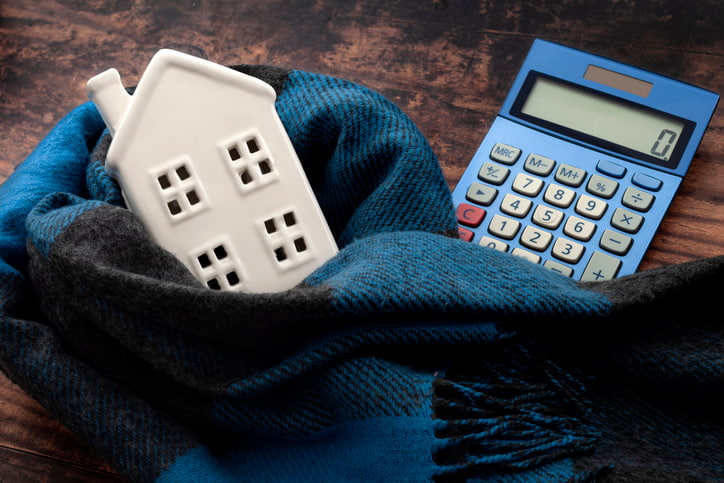
How to Save on Heating Bills with Efficient Plumbing Upgrades
December 13, 2024
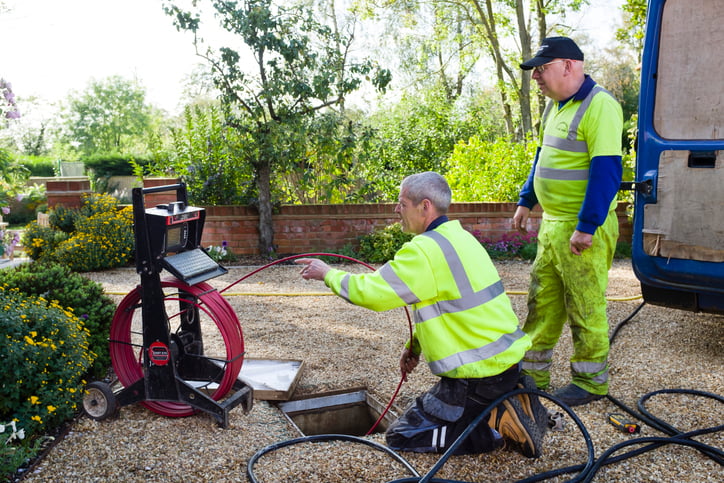
Top 5 Signs Your Home Needs Sewer Jetting Services
September 11, 2024
